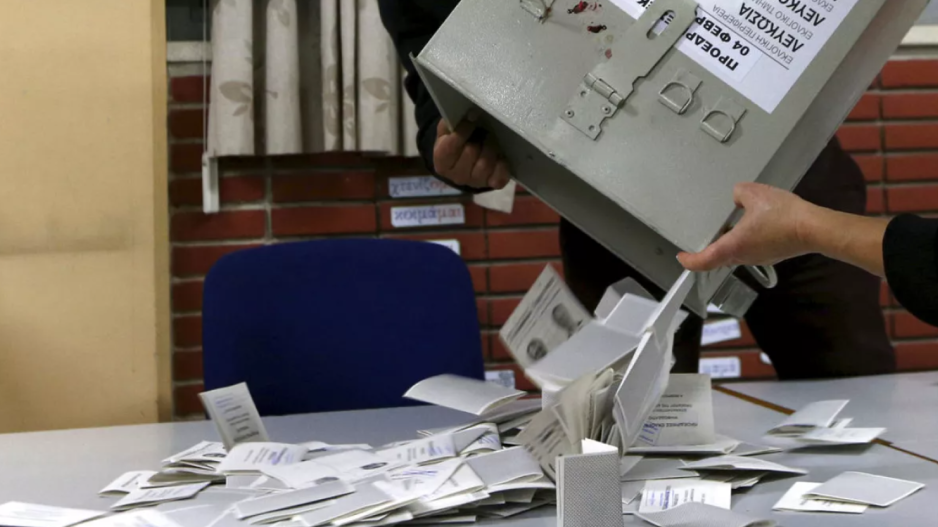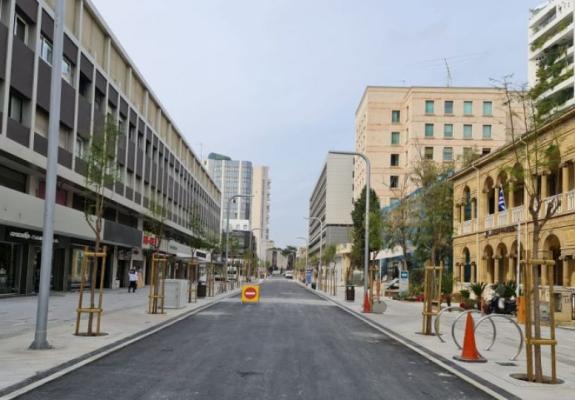Cyprus Parties Begin Intense Preparations for 2026 Parliamentary Elections
Low Poll Numbers Push Political Parties to Finalize Candidate Lists Early and Explore Strategic Alliances
Following the Easter break, Cyprus’s political parties are entering intensive deliberations ahead of the 2026 parliamentary elections. The volatile polling landscape and low approval ratings are prompting parties to make early moves aimed at reversing current trends.
As Offsite reports, in the coming weeks, parties are expected to ramp up discussions around finalizing their candidate lists—a full year before the May 2026 elections. Party leaders are also expected to intensify their outreach to high-profile, non-affiliated individuals ('aristindin' candidates). These individuals, if seen as having significant public support, could potentially improve public perception and shift the momentum in favor of the parties that recruit them.
Notably, parties are working to finalize their lists much earlier than in previous election cycles. This urgency is partly driven by the anticipated political activity of former Auditor General Odysseas Michaelides, who is widely expected to launch a new political party. His final decision is expected by the end of May. Despite not having officially entered the political arena, Michaelides is polling near 10% in recent surveys and remains highly popular.
There is also speculation about a potential alliance between the Green Party (Movement of Ecologists) and Odysseas Michaelides. In an interview with OffsiteNews, newly elected Green Party President Stavros Papadouris referred to Michaelides as a political ally. He also confirmed that while the two sides have held meetings, no substantial discussions have yet taken place regarding a formal collaboration for the 2026 elections. Papadouris added that the party would consider cooperating with Michaelides regardless of whether he officially forms a party.
The Democratic Rally (DISY) has already initiated its candidate selection process, with internal proposals suggesting that the list be finalized by the end of May. This early timeline is seen as a strategic advantage, allowing candidates more time to connect with voters.
AKEL is expected to begin its internal processes for compiling its electoral list after its nationwide congress, scheduled for June 20–22. The new leadership and Central Committee elected at the congress will be responsible for finalizing the party’s candidates.
Meanwhile, the possibility of a joint electoral list between DIKO, EDEK, and DIPA will be clarified after Easter. The matter has already been discussed within DIKO’s executive body, and OffsiteNews sources indicate that the party plans to formally invite both EDEK and DIPA to a meeting to explore the feasibility of an alliance. Should discussions proceed, DIKO is expected to take the lead in drafting a proposal outlining the terms of cooperation. However, both EDEK and DIPA leaderships appear reluctant, making a joint list unlikely for now.

One of the more closely watched developments is the possible redistribution of parliamentary seats between Nicosia and Paphos. Based on quarterly updates to the electoral register, if elections were held today, Nicosia would lose one seat (dropping to 19), while Paphos would gain one, increasing its total from 4 to 5. This distribution is based on figures from the January 2 register and is expected to be updated after the April 2 registration closes, with final figures available by the end of April.
However, seat distribution may shift again if the House of Representatives passes bills to lower the voting age to 17 and enable automatic voter registration. In the case of automatic registration, an estimated 85,000 new voters would be added to the registry, rising to 92,000 if both reforms are approved. Under such conditions, Nicosia would retain 20 seats, while Paphos would remain at 4.
Since the 1985 elections, when the number of Greek Cypriot MPs increased from 35 to 56, Nicosia initially held 21 seats. In 2011, this was reduced to 20 to accommodate an additional seat in Larnaca, following a legislative amendment based on electoral population figures.
To determine the number of parliamentary seats per electoral district, the total number of registered voters in the Republic is divided by 56—the total number of parliamentary seats. This result forms the “quota,” which is then used to calculate the number of seats allocated to each district based on its registered voter count.
Each district’s registered voters are divided by the national quota to determine the exact number of seats allocated to that district.
According to current legislation, parliamentary seat allocations are based on the electoral register as of April 2 of the election year—unless the House decides otherwise. A bill proposing that seat distribution be determined based on the October 2 register of the previous year has been submitted to parliament. This proposal is supported by AKEL MPs Giorgos Loukaides and Aristos Damianou and has received positive feedback from the Election Service.






